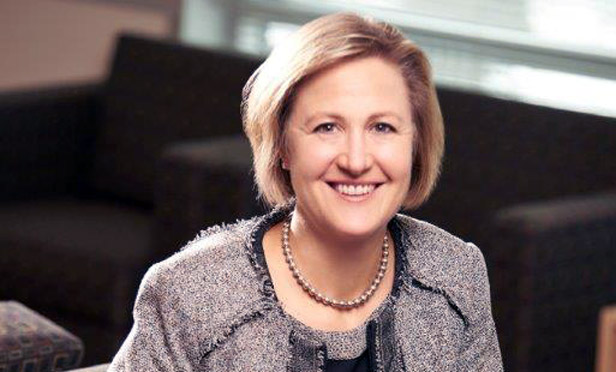
 Maria Bothwell.
Maria Bothwell.
Alvin Toffler, author of the seminal 1970 bestseller "Future Shock," forecast world-changing realities such as the digital revolution, the threat of terrorism and the decline of the nuclear family.
Now, in an interview with ThinkAdvisor, Maria Bothwell, president-CEO of Toffler Associates, a future-focused consultancy Toffler launched in 1996, discusses future shocks to the financial services industry and how firms can take steps now to seize opportunities that such shocks, or risks, introduce.
Bothwell argues that to be well prepared to meet future challenges, the industry must focus proactively not only on changes within its own space but changes occurring outside it, too. Such changes directly impact companies in investment portfolios.
In the interview, she identifies and discusses four drivers of future change — forces shaping the future — and their accompanying risks.
Bothwell, who previously held leadership posts at North Highland consulting company and Arthur Andersen, talks also about a provocative group exercise called "Flash Future" that Toffler Associates conducts. It looks backward from the future to encourage clients to make decisions now that will enable them to make the most of opportunities that lie ahead.
Toffler and wife Heidi Toffler — writing partners on all the Toffler books — co-founded Toffler Associates with business consultant Tom Johnson in 1996. The strategic consultancy advises consumers, companies and governments globally, including the U.S. Department of Homeland Security, with whom it has collaborated on exploring future threats. Alvin and Heidi Toffler died in 2016 and February 2019, respectively. Johnson, now sole owner of the consultancy, is retired.
ThinkAdvisor recently interviewed Bothwell, promoted from chief operating officer to CEO last December. Speaking by phone from her Arlington, Virginia, office, she harked back to the future when this reporter noted that, in a 1983 interview she conducted with Toffler, he mentioned his bent for writing in coffeehouses.
"Probably he did that because he liked talking to people," Bothwell remarked. "It was a part of his research: observation and speaking with as many people as possible. And asking questions — the power of not making assumptions but being more inquisitive."
Here are highlights of our conversation:
THINKADADVISOR: In 2006, Alvin Toffler said in an interview with me: "Nobody knows the future with certainty. Anybody who says they do is a quack or a loon."
MARIA BOTHWELL: Yes, we can only talk about possibilities in the future and their implications, which is a good way to talk about risk and opportunity — and what you need to do about those possibilities today.
What are some possibilities?
We focus on the drivers of future change and how those will impact various industries and companies differently. They create [various] shocks when it comes to risk and opportunity.
What are the "flash future" exercises for groups that Toffler Associates conducts?
They may be for a company that's looking at acquisitions or trying to figure out where to invest their R&D money. Depending on the problem we're trying to solve, we draw up a timeline of possible future events that might happen in, say, 10 or 20 years. We might have four possible futures to explore, and we'll work backwards to the current day.
Is that what you call a "back plan?"
Yes. We look at the implications something has in the future based on the drivers of change, and then we'll back plan: What does that mean for this organization now? In the coming months, we're doing a flash future at a bank board meeting to creatively look further out and see what the possibilities are in the future. Then we'll pull it back to what they need to focus on now — or within the next three years — to prepare.
What changes could brokerage firms make to compete in the future and keep growing?
The disruption is going to come from technology advances and consumer expectations generated and created not just in their own industry but in other [fields] too. Financial services — among other industries — are so focused on what's happening in their own [space] but not what's going on [elsewhere].
Why is that?
I sometimes wonder if [wealth management] companies have lost their imagination. The failure to imagine possibilities for your clients may be a risk unto itself.
What are examples of changes occurring outside the wealth management industry that are future big risks to investors?



